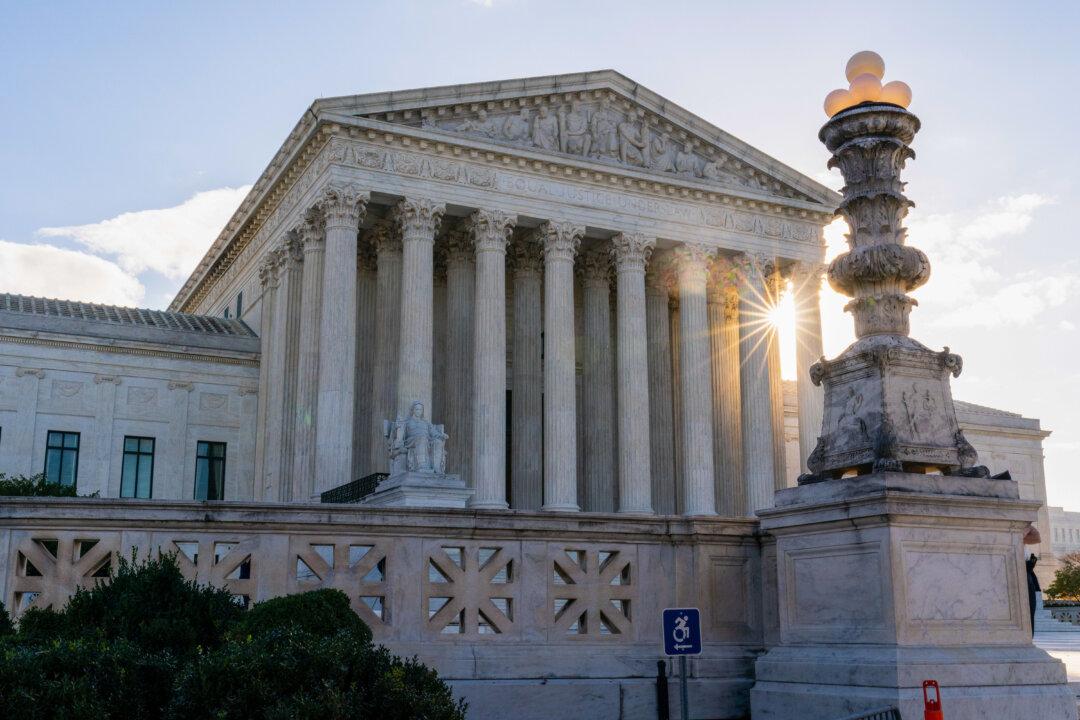Low-level crack cocaine defendants should benefit from a 2018 federal law that reduced some prison sentences, the Biden administration told largely unreceptive members of the Supreme Court on May 4.
Although then-President Donald Trump signed into law the criminal justice reform measure known as the First Step Act, it was his administration’s view that possession of a small amount of crack cocaine wasn’t covered under the statute.





